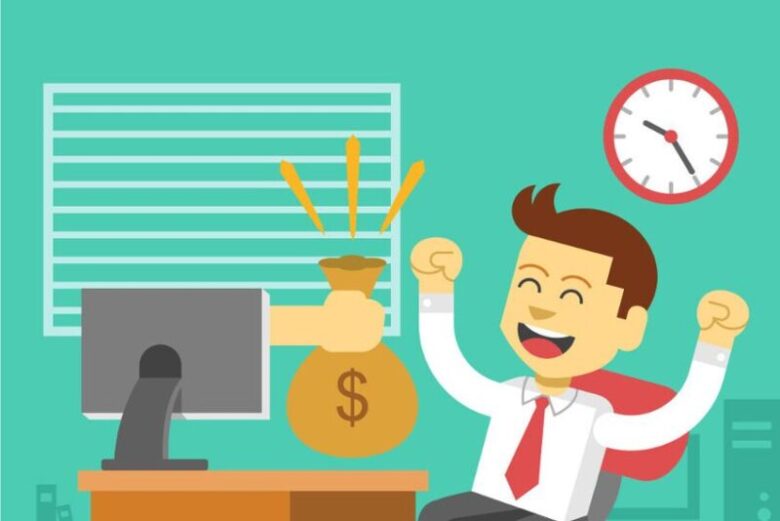Lien and Title Loans
A loan is a financial transaction in which money is loaned by a lender to an individual, company or business. The money can be used for a number of purposes such as paying off debts, purchasing products and services, financing education and many others. A loan thu tuc vay the chap so do is secured against the asset and usually it is paid back over a period of time.
A secured loan is a loan that is collateralized against an asset, usually an asset of a business or a commercial enterprise, and the borrower is obliged to pay back the loan at some point in time. In return, the lender agrees to a specific plan of repayment including interest, any finance charges and other terms. If the property that the loan is collateralized on is foreclosed, the lender will not allow the borrower to borrow the loan again.
Lien is an informal legal title that is given to an asset for the benefit of its owner. It is different from an actual lien, which is the actual legal title of the property that has been transferred from the lien to the owner of the property. Lien is usually used in order to protect the rights of creditors. It is important to note that a lien does not imply a legal title that the owner of a property holds over his or her asset, but a legal title that exists only as a claim.
There are many different types of lien that exist for different assets. Some of these liens are called “security deposits”, while others are called “priority liens.” A lien can be either temporary or permanent depending on the type of property involved.
A lien is not a legally binding contract. It is simply a security interest that a lienor has for a property or an asset. The minor can not legally take possession of the property until a lien is satisfied. The lienor can either take possession of the property himself or sell it. A lien is usually created when a borrower fails to repay a loan.
Real estate is a wide-range of assets that may qualify for a lien. These include homes, automobiles, jewelry, vehicles, bank accounts, cars, boats, recreational vehicles, boats and others. Homeowners do not have to make a mortgage or other payment on their house in order to give a lien. {for the property. Homeowners who are not paying off their home mortgages may also place a lien for the property. This is done by securing the deed, lien in lieu of foreclosure and mortgage on the property.
Commercial properties are generally owned by businesses. Business owners often use lien for loans for their business in order to make sure that the business remains in good shape.
The lender is the one who has the legal title to the property that has been mortgaged. The lien is then transferred to the lender if the debtor defaults on the loan. The lien is then transferred to the business. If a lien is placed on a business, the business is held responsible for the payment of the loans made to the lender.
Banks and other financial institutions also use a lien for any loan. If a bank or other lending institution receives a notice of default from a borrower, the bank can use this lien to obtain possession of the property and will foreclose on the property if the lien is not paid.
The lien is created when a borrower fails to pay back the loan. The lender can put a lien on the property in order to recover the money the borrower owes. The property owner is held liable for
the unpaid balance of the loan, whether the property owner is paying or not.
Loan holders must be careful that the lien does not become a priority lien. In order for a lien to become a priority, a borrower must have already defaulted on the loan before the lien can be registered against the property. Priority liens are generally last resort options that banks will take if they are unable to obtain a lawsuit in court against the borrower.
If there is a lien on the property, it can stop the borrower from getting another loan and the property can be sold to recoup the debt. Priority liens are also used as a means to obtain property taxes on the property and to make sure that the property does not become vacant. The lien will stop the owner from applying for additional loans from banks and other financial institutions if he or she is delinquent with a loan.
